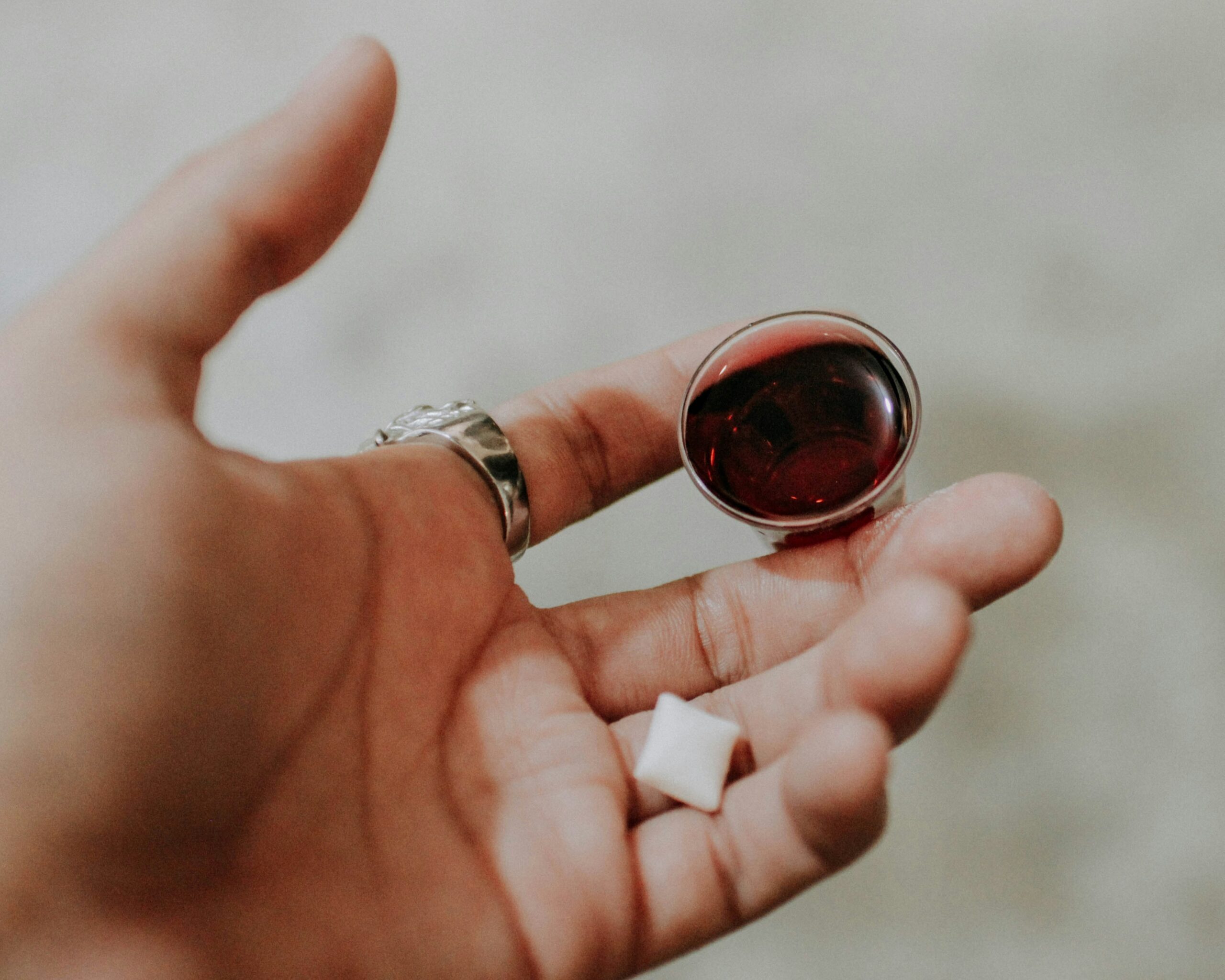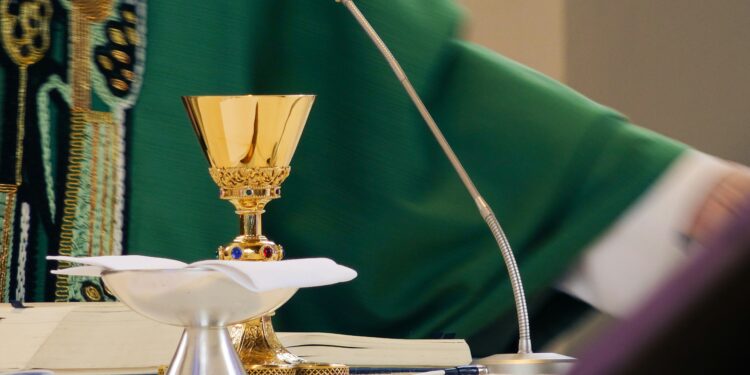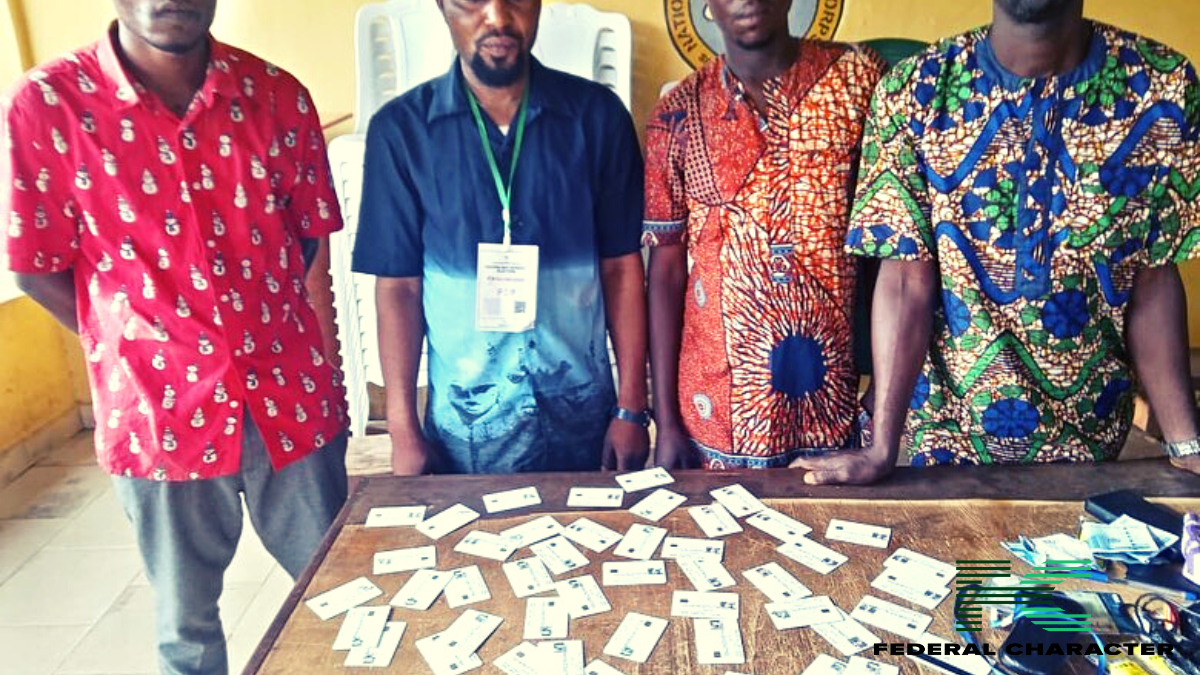The Kenyan Catholic Church’s drastic move to introduce an exclusively imported and controlled brand of Mass Wine, bearing the Kenya Conference of Catholic Bishops (KCCB) coat of arms, is far more than a logistical change—it is a stinging indictment of commercial negligence and a necessary battle against the secularisation of the sacred.
The fact that the previous sacramental drink, once used in the most profound ritual of Holy Mass, had become a common fixture in local bars and supermarkets represents a profound spiritual and administrative failure. While the KCCB deserves commendation for its decisive action, this entire episode raises serious questions about the due diligence and reverence surrounding the Eucharist, the very source and summit of Catholic life.
The spiritual significance of the altar wine was being diluted, literally and figuratively, by its casual sale as an ordinary alcoholic beverage. The core issue of the altar wine crisis lies in the negligent oversight of its secular distribution, a lapse that violated both Canon Law and common spiritual sense.

Why Canon Law Demands Exclusivity and Purity
As Archbishop Anthony Muheria correctly notes, the composition and quality of the Eucharistic elements are strictly governed by Canon Law. This is not mere bureaucracy; it is a theological necessity. The Mass Wine must be “the fruit of the vine and the work of human hands” and, crucially, its purity must be assured from source to altar. Allowing a local alcohol manufacturer to distribute the sacred wine through the same channels as liquor shops was an act of administrative myopia. It fundamentally compromised the perception of its sacredness.
The new South African vintage, imported and owned by the KCCB, and distributed only to dioceses, is the only logical solution to guarantee sacramental integrity and prevent the wine’s conversion into just another product on the shelf. This rigorous control is the required level of vigilance for a substance destined to become the Blood of Christ.
Reclaiming the Swahili Divai and Spiritual Reverence
The casual commodification of what is known in Swahili as divai has a chilling effect on the Catholic faithful, who make up a significant 20% of Kenya’s population. When the symbol of the covenant is sold alongside beer and spirits, its sacred significance is inevitably diminished, leading to the public concern that the previous brand had “lost its sanctity.”
The KCCB’s action to discontinue the old wine is therefore a powerful, essential gesture of spiritual renewal. It sends an uncompromising message that the Eucharist is uniquely set apart. Demand peaks during Easter, Christmas, and major religious events precisely because of the wine’s function in profound liturgical moments; its widespread sale undermined these very moments.
Why It Matters
The administrative failure exposed a wide need for deeper instruction. Bishops and priests must use this moment to reinforce catechesis on the nature of the Eucharist. Regular, explicit teaching should remind the faithful and the public why the elements are treated with unique reverence and why their secular use is inappropriate.
This educational component, aimed at preventing a slide into materialism, is a crucial, long-term solution for religious integrity across all Catholic churches in the country. The quote on the new bottle (a reflection of the wine’s sacred purpose) should become a central teaching point. This renewed focus will ensure that the sacredness of the Eucharist is not merely a legal requirement, but a lived reality for the 10 million Catholics in Kenya.

















